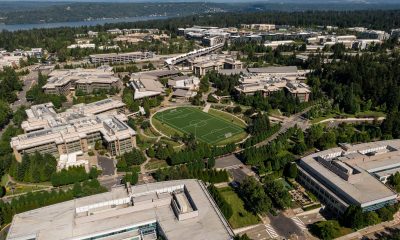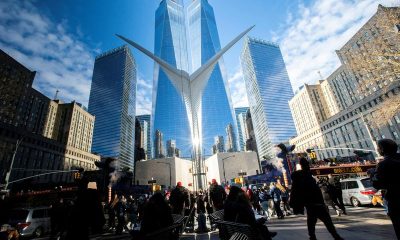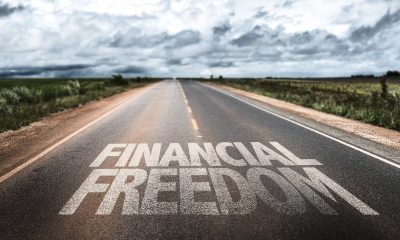Investing
Commodities traders pledge at COP28 to protect South American grasslands

© Reuters. FILE PHOTO: People on horses ride past a soy plantation affected by a long drought that finally ended this month by the arrival of rain, is pictured in a farm in 25 de Mayo, in the outskirts of Buenos Aires, Argentina January 24, 2022. REUTERS/Agustin Mar
2/2
By Jake Spring
DUBAI (Reuters) – Eight of the world’s top commodities traders have pledged to stop buying soy from farms that ruin South American grasslands, adding to previous commitments to shun growers that clear forests, a sector group said on Saturday on the sidelines of the COP28 climate summit.
The move could bolster conservation for Brazil’s Cerrado, the world’s most biodiverse savanna, at least half of which has already been destroyed for agriculture. Farming, forestry and land use account for more than a fifth of planet warming-emissions.
The firms, including Archer Daniels Midland (NYSE:), Bunge (NYSE:), Cargill and Louis Dreyfus Company, agreed that by the end of the decade they will longer buy soy from farms that destroyed any non-forest natural vegetation in the Amazon (NASDAQ:) rainforest, Chaco dry woodlands or the Cerrado, said Petra Tanos of the Tropical Forest Alliance.
The commitment adds to the sector’s pledge last year to eliminate deforestation by 2025.
Tanos said the move is most consequential for the Cerrado, Brazil’s most rapidly expanding agricultural frontier that includes large stretches of grassland. In 2023, Cerrado destruction hit its highest point in eight years.
The Tropical Forest Alliance is a World Economic Forum initiative that works with commodities firms on environmental commitments.
Beyond the United States, the largest soy exporting nations are in South America, where natural vegetation is typically cleared to make way for farms.
In the lead up to United Nations COP28 climate change summit in Dubai, some of the companies announced even more aggressive commitments. Last month, Cargill announced it would eliminate deforestation and land conversion from its supply chains by 2025 in Brazil, Argentina and Uruguay.
Archer Daniels Midland committed to eliminating land conversion among its direct suppliers by 2025 and indirect suppliers by 2027 across sensitive South American biomes.
But the industry has a history of failing to meet past commitments. In 2010, hundreds of consumer brands pledged to reach “net zero” deforestation by 2020, but failed to meet the goal.
Read the full article here

-

 Side Hustles6 days ago
Side Hustles6 days agoMicrosoft Is About to Begin Job Cuts. Here’s Why.
-

 Make Money5 days ago
Make Money5 days ago10 Critical Questions to Ask Your Financial Advisor Now
-

 Make Money4 days ago
Make Money4 days ago10 Ways to Make Money As a Graphic Designer
-

 Investing6 days ago
Investing6 days agoWhat CMOs Need to Know About AI Adoption in Marketing Teams
-

 Personal Finance3 days ago
Personal Finance3 days agoIf you are 60 years old, new 401(k) rules could save you money
-

 Investing5 days ago
Investing5 days agoAirbus keeps top spot with 766 jet deliveries in 2024 By Reuters
-

 Side Hustles6 days ago
Side Hustles6 days agoJPMorgan to Implement a Five-Day Return-to-Office Mandate
-

 Passive Income6 days ago
Passive Income6 days ago3 AI Leadership Lessons for 2025


















